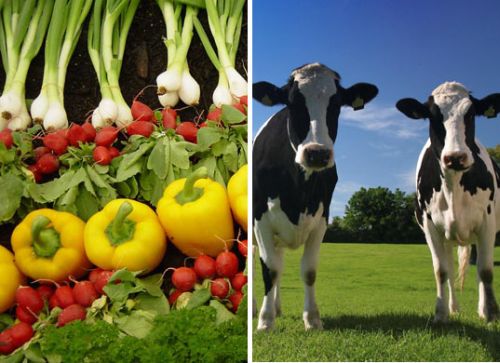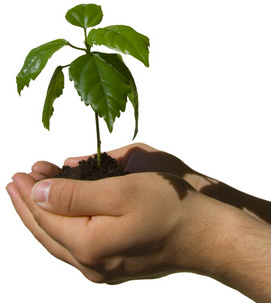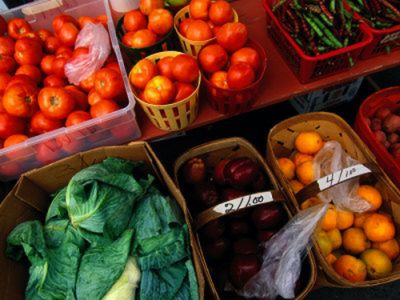
On 12th May, U.S Agriculture Department announced that $50 million is now available to the farmers who wanted to go with organic farming over old conventional farming practices. The financial support for the program is provided through the Environmental Quality Incentives Program. It fulfills the Obama administration’s goal towards encouraging and implementing organic farming practices.
Six practices will be available including cover crops, rotational grazing and forage harvest management integrated pest management, conservation crop rotation and nutrient management. The farmers will benefit as they can apply for funds and it will support non- organic farmers to learn new methods of organic farming. According to USDA, farmers will have three weeks, starting from May 11 to 29, to adopt organic farming and to expand their organic operations. However, the time allotted and $50 million seems not enough for the farmers to switch to organic farming.
What’s in stored for farmers?

Farmers can encash loads of benefit from organic farming, including:
• High Premium: The price of organic food is 20-30% higher than conventional food. This premium plays a vital role for small farmers whose income is enough to feed his or her family with one meal.
• Low investment: Organic farming lacks high capital investment, which is required in chemical farming. The organic fertilizers and pesticides can be produced locally which helps in reducing the costs. The farmers suffer less when their crops are destroyed during the natural calamities and irregular rainfall because of low investments.
• Less dependence on money lenders: Many farmers commit suicide due to increasing debt. Organic farming does not require chemical inputs which are costly and hence small farmers are not dependent on money lenders. Crop failure does not leave an organic farmer into debt and does not force them to take any action like this.
Why organic?
The yield produce in organic farming methods is much higher particularly in dry and wet conditions which helps in meeting our world’s food demand. In U.S it will help to reduce carbon emissions and energy usage significantly. In addition to this the organic production will also reduce health risks and protect air and valuable supplies of fresh water.
Challenges

The major challenge being faced by organic farmers is that the farms are dependent on long crop rotations with cover crops and timely cultivations to control weeds and other pests. The other challenge being faced by the farmers is that the organic products are more expensive than conventional products and so market demand is less. The international market only accepts organic products which are certified by organizations like France-based IFOAM (International Federation of Organic Agencies Movement) or the Netherlands-based SKAL. There are also many Japanese agencies. Since the farmers are not affiliated to these bodies so the international markets are not open to them.
Via: TreeHugger

